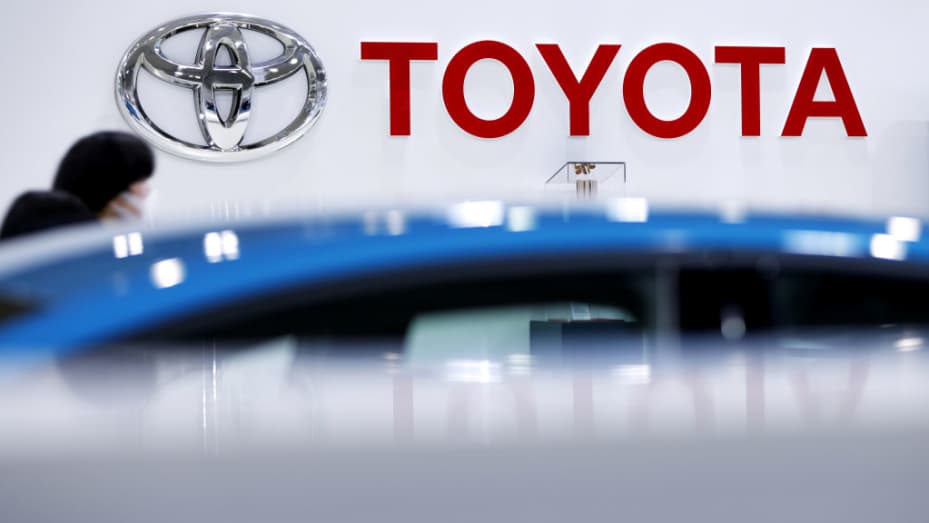(Reuters) – Toyota Motor (NYSE:TM) Corp affiliate Daihatsu rigged part of the door in side-collision safety tests carried out for some 88,000 small cars made and sold under the Toyota brand, the companies said on Friday.
They said the door trim on the affected vehicles had been modified with a “notch” to minimise the risk in testing that the door interior could break with a sharp edge and cause injury to an occupant when the side airbag deployed in an accident.
The modification for testing was not part of the production vehicle, the companies said.
Toyota Chairman Akio Toyoda said the companies were investigating how the side-panel of Yaris and other models had been changed for the purpose of side-crash safety testing and apologised for what he called an “unacceptable” violation of consumer trust.
Toyota said it had not received any report of an accident or injury related to the rigged side-crash test.
“We’ll proceed with a detailed investigation from here on, but promise to decisively understand what happened at the site, investigate the true intentions and sincerely work to prevent a recurrence,” Toyoda told reporters.
“We’re going to need some time to do that,” he said.
Daihatsu said it had discovered the rigged safety test after a whistleblower report. It said it had reported the issue to safety regulatory agencies and stopped shipment of affected models.
The affected models include Toyota Yaris Ativs made in Thailand from last August, and Perodua Axias manufactured in Malaysia starting from February.
Of the 88,000-plus vehicles, some 76,000 were Yaris Ativs mainly bound for Thailand, Mexico and Gulf Cooperation Council countries, Daihatsu said. About 11,800 affected vehicles were Perodua Axias destined for Malaysia.
The Gulf Cooperation Council comprises Saudi Arabia, the United Arab Emirates, Kuwait, Qatar, Bahrain and Oman.
Daihatsu said it would run new safety tests in the presence of regulators and confirm the safety of the models before resuming shipments.
Toyoda, who was Toyota president in 2010 when a string of recalls prompted U.S. investigations, said he wanted all Toyota employees and those at affiliates to understand that “making better cars” required a commitment to speak out about problems.
“We can’t run away from this or hide,” he said, adding that the company needed to “make a new start”.



